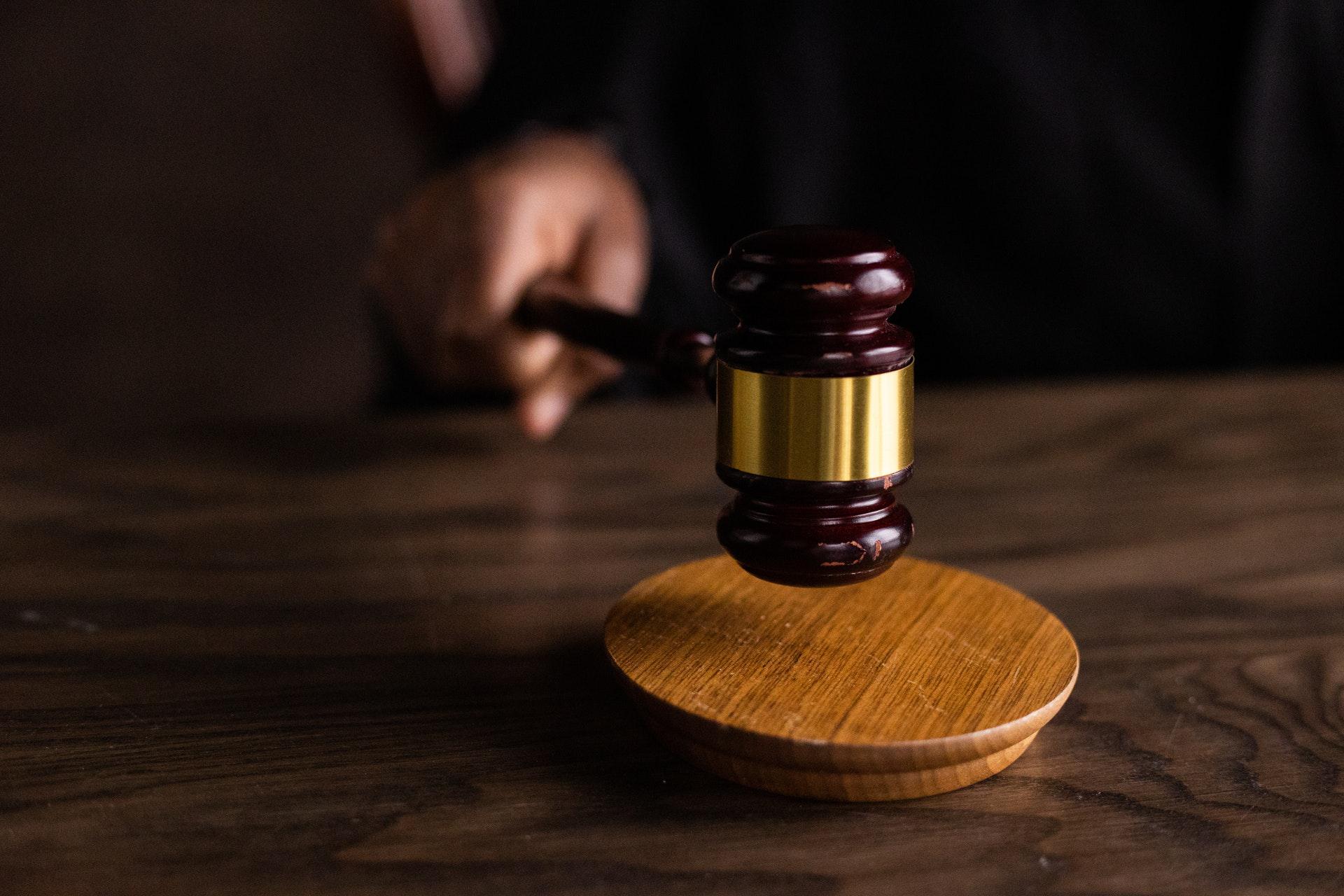The court has found you guilty of a crime that you’re certain you didn’t commit. Or maybe the court imposed a sentence that you feel is too harsh for the offense committed. Both scenarios may warrant you to appeal against the possible injustice done to you. Essentially, your end goal would be to file a criminal appeal to the court to have your case reviewed, and hopefully, receive a fairer outcome.
At Candela Law Firm, we’re well versed in the criminal appeals process. Anthony Candela is a
board-certified criminal appeal attorney in Tampa with experience in handling cases in both state and federal court. This quick guide aims to inform you of the steps involved in filing a criminal appeal.
First of all, an appeal is not a retrial or a new trial
It’s important that you understand this before filing your appeal. Yes, defendants may appeal the court’s decision in their criminal case, but that doesn't automatically mean the case will be retried again or that a new trial will be initiated.
Instead, the appellate court will review the original decision for errors that may have radically influenced the dynamics of your case and its outcome. If the appeal is granted, the court may reverse the initial decision in whole or in part. If denied, then the original decision stands.
The right to file an appeal
If a defendant is convicted based on their own guilty plea, they do not have an automatic right to appeal the conviction. However, if they were convicted by a judge or jury at trial, they have an absolute right to file an appeal.
Additionally, if the defendant is tried in a state where the death penalty is enforced, they automatically have the right to appeal a death sentence. If the appellate court issues an acquittal, the prosecutor may not appeal the verdict.

What are the accepted grounds for appeal?
As a defendant in a criminal case, you can only file an appeal on specific grounds. These include:
- Legal errors — These can be in the form of insufficient evidence, incorrect jury instructions, errors on the part of the prosecutor, due process violations, improperly admitted evidence, and more.
- Juror misconduct — Examples include improper communication among jury members, clear cases of bias in jury selection, use of alcohol or drugs during jury deliberations, and other inappropriate activity.
- Inadequate legal representation — As a defendant, you have the right to proper legal representation. If your case might have had a different outcome with a more effective attorney by your side, you may have grounds for appeal.
- Mistakes on the part of the judge — Judges are professionals, but no one is above mistakes. If your conviction was a result of the judge’s mistake, you are entitled to appeal the verdict.
What happens during the appeals process?
There is a short timeframe to file an appeal, so make sure to consult your criminal appeal attorney as soon as possible. The process begins with the defendant filing the appeal with the clerk where the original case was heard. The clerk will prepare a record of all the details of the original case — discovery, witness testimony, court transcripts, and other relevant pieces of information — and forward it to the appellate court.
The court will then review the record to establish grounds for appeal. They may also schedule a meeting to hear oral arguments from the prosecution and defense. If the appellate court finds that there are indeed grounds for appeal, the judge will remand the case for additional proceedings based solely on the factors that influenced the outcome of the original verdict.
If the appeal is unsuccessful, then the conviction will stand and the judgment will be carried out.
Speak with a criminal appeals attorney in Tampa today!
Are you or your loved one facing an unfair conviction? Candela Law Firm can help with the appeals process. With over 200 criminal appeals under our belt, we can help ensure that you get the justice you deserve, and that your rights are protected and enforced throughout the process.
Get in touch with our team today to get started.

